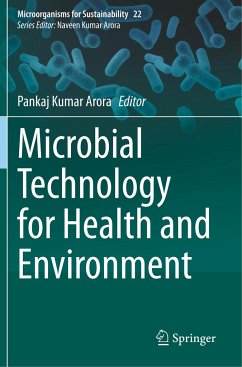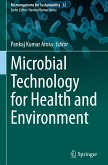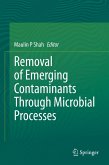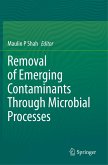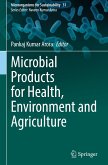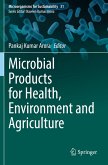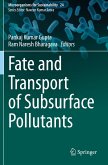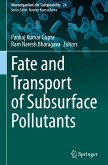Rampant industrialization has caused high levels of contamination by various toxic chemicals in our water bodies, which is a matter of concern in terms of ecosystems, as well as human and animal health. Polluted wastewater can contaminate drinking water and is also is a causal factor for bio-magnification of heavy metals into our food cycle. In the last decade, several methodologies have been adopted to clean the wastewaters, and among these, microbial remediation has emerged as an effective technology. Several variants of microbial technologies have been developed for wastewater treatment and biodegradation specific to the industry, type of waste and toxicity of the chemicals.
This book describes the recent advances in microbial degradation and microbial remediation of various xenobiotic compounds in soil and wastewater. It also explains various modern microbial technologies for biodegradation and wastewater treatment. It covers various microbial technologies for wastewater treatment, biodegradation, bioremediation and solid waste management. Gathering contributions from leading international it focuses on the status quo in industrial wastewater treatment and its biodegradation.
The book is intended for researchers in the field of industrial wastewater, students of environmental sciences and practitioners in water pollution abatement.
This book describes the recent advances in microbial degradation and microbial remediation of various xenobiotic compounds in soil and wastewater. It also explains various modern microbial technologies for biodegradation and wastewater treatment. It covers various microbial technologies for wastewater treatment, biodegradation, bioremediation and solid waste management. Gathering contributions from leading international it focuses on the status quo in industrial wastewater treatment and its biodegradation.
The book is intended for researchers in the field of industrial wastewater, students of environmental sciences and practitioners in water pollution abatement.

